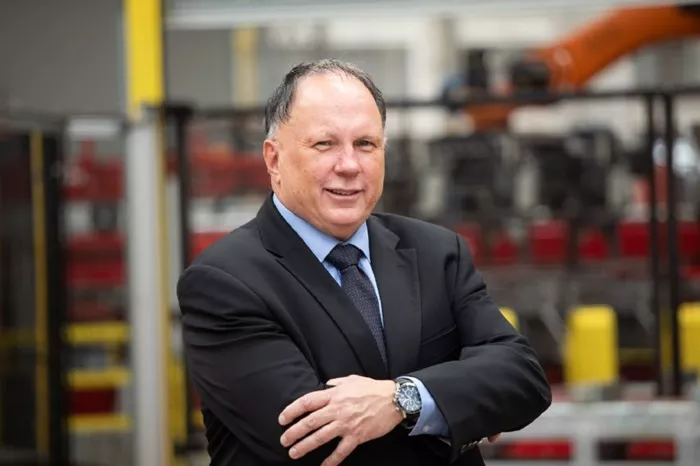The Confederation of British Metalforming (CBM) has expressed support for the transition of UK steelmakers to greener and more efficient technologies. However, it is emphasizing the importance of ensuring that UK manufacturers and the downstream supply chain have access to high-quality steel from domestic producers. This steel must meet technical specifications and be offered at commercially viable prices.
Steve Morley, president of the CBM, stated, “We strongly oppose the unjustified US tariffs on steel, aluminium, and related products, which were imposed under the Trump administration. These tariffs will harm UK exporters, including our members, disrupt global trade, and raise costs for American businesses and consumers.”
Morley also raised concerns about calls from British steelmakers to impose even tighter UK steel safeguarding measures. He argued that these measures hinder the growth of downstream manufacturers, who play a crucial role in the UK economy by creating jobs and driving exports.
While the CBM acknowledges UK Steel’s commitment to defending its members’ interests, it highlights that UK Steel’s position may not align with the needs of downstream metal manufacturers. These manufacturers, who employ 330,000 people, are vital to the domestic economy, exports, and employment. For them to remain competitive, it is essential to access materials at sustainable prices.
Challenges with Domestic Supply
Morley continued, “We have provided evidence to the Department for Business and Trade (DBT) showing that many of our members have no choice but to import certain steel grades. This is because domestic steelmakers are either unable to supply these grades or only offer them at prohibitive prices.”
The CBM is urging the UK government to take a balanced approach to steel imports, one that meets the needs of both British steelmakers and the large number of downstream manufacturers who rely on affordable materials. Excessive protective trade measures could significantly increase production costs, putting UK manufacturers at a disadvantage in the global market and limiting their growth potential.
Morley concluded, “Our policy team and members are fully committed to providing evidence of the challenges UK manufacturers face in securing the necessary domestic steel supplies. We are ready to work with policymakers to ensure a fair and sustainable steel supply chain that benefits the entire manufacturing sector.”

